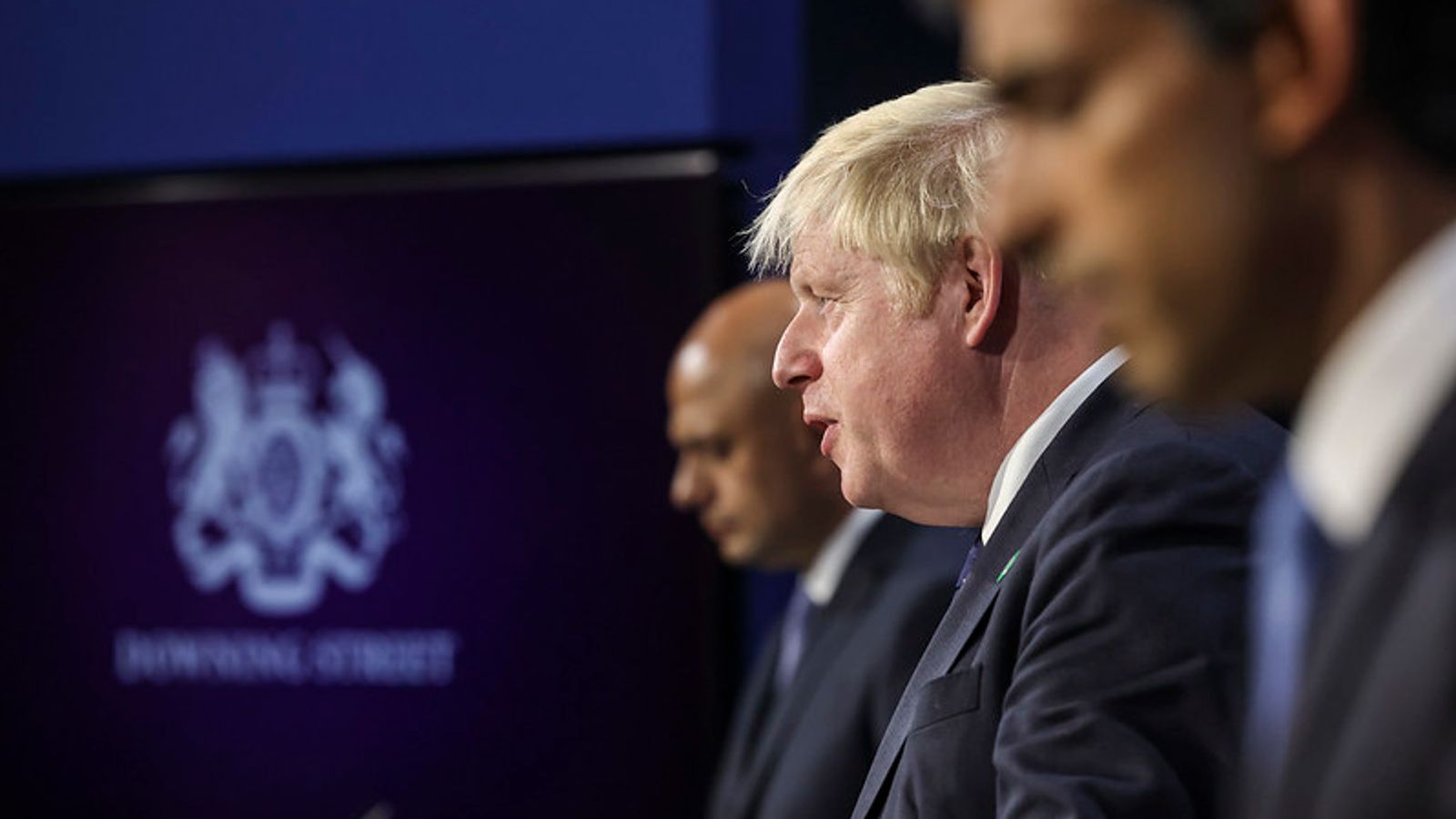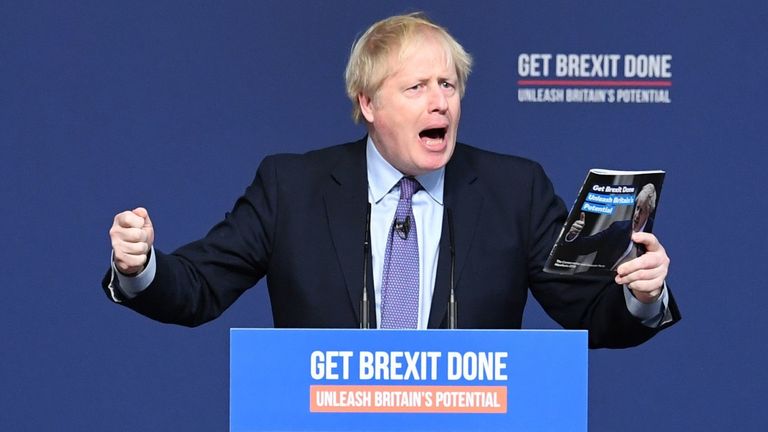Boris Johnson has refused to rule out further tax rises prior to the next general election as he defended his abandonment of a Conservative manifesto promise not to raise National Insurance contributions.
After unveiling his plan for a hike in National Insurance contributions by 1.25% to pay for the social care system in England and to help the NHS recover from the impact of the coronavirus crisis, the prime minister stressed that “COVID was not in the manifesto either”.
And he insisted he “cannot now shirk the challenge” of putting the health service “back on its feet”.
Mr Johnson has faced criticism for breaking a Tory pledge – made ahead of the 2019 general election – not to raise National Insurance, VAT or income tax, after revealing his long-awaited plan for social care reform.
And he refused to explicitly commit to his government not raising any more taxes before the end of this parliament in 2024, although he said: “I certainly don’t want any more tax rises.
“If you want me to give that emotional commitment, of course that’s the case.”
Speaking at a Downing Street news conference alongside Chancellor Rishi Sunak and Health Secretary Sajid Javid, Mr Johnson said a recovery from the COVID crisis “cannot be delivered by cheese-paring budgets elsewhere”.
“There are not many people in the Conservative Party or indeed in the government… who are more dedicated to cutting taxes, bearing down on taxes, where we can than the three people stood before you today,” he said.
“But we face a reality that the fiscal position has changed radically from the one we found ourselves in in 2019.
“The economy is growing strongly, we’ll come through this very well, I’m very impressed with the number of jobs that are being created, the growth that we’re seeing.
“But we’ve got to be reasonable and we’ve got to be pragmatic and so we’re taking the steps that we are.”
Mr Sunak said he could “sympathise” with people who did not like a tax rise, but added there was “no perfect way to raise money” and that he felt “people recognise we’re grappling with difficult times”.
“For more than 70 years, it has been an article of faith in this country that our NHS should be free at the point of use, funded by general taxation,” he added.
“If we are serious about defending this principle in a post-COVIDworld, we have to be honest with ourselves about the cost that brings, and be prepared to take the difficult and responsible decisions to meet them.”
The hike in National Insurance contributions, which is described as a “health and social care levy” by the government, is expected to raise about £12bn a year in extra funding.
As well as providing extra money for the NHS to deal with the backlog of cases built up during the COVID-19 pandemic, the raising of £36bn over three years is aimed at helping to reform the way adult social care in England is funded.
Scotland, Wales and Northern Ireland will receive an additional £2.2bn in additional health and social care spending from the levy.
Mr Javid was unable to say how much of the money raised by the National Insurance increase would be spent on social care and when.
Although he promised “more and more proportionately of the funding through the levy will go towards adult social care” and that at least £5.4bn from the £36bn raised from the new levy over three years will go on social care.
The health secretary also failed to promise that the NHS backlog would be cleared within the next three years and only stated that ministers would “try to tackle as much as the backlog as we can”.
Some in the NHS have expressed concern that it could take up to seven years to clear the backlog in treatments caused by the COVID crisis.
MPs at Westminster will be asked to vote on the government’s proposals as soon as Wednesday.
Labour are set to oppose the increase in National Insurance, which party leader Sir Keir Starmer has branded “a tax rise on young people, supermarket workers and nurses”.
But, despite some anger among Conservatives about the ditching of a manifesto promise not to increase National Insurance, a large rebellion on the Tory benches is considered unlikely.


